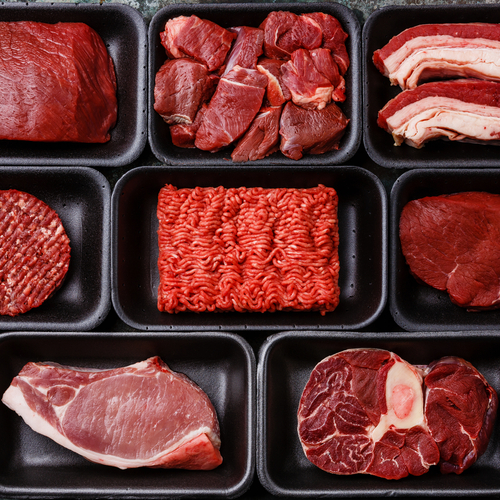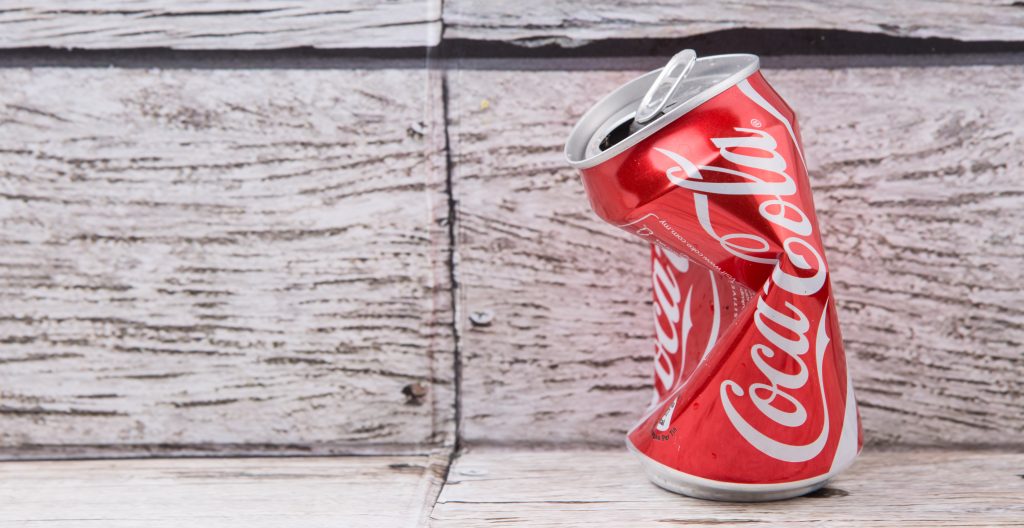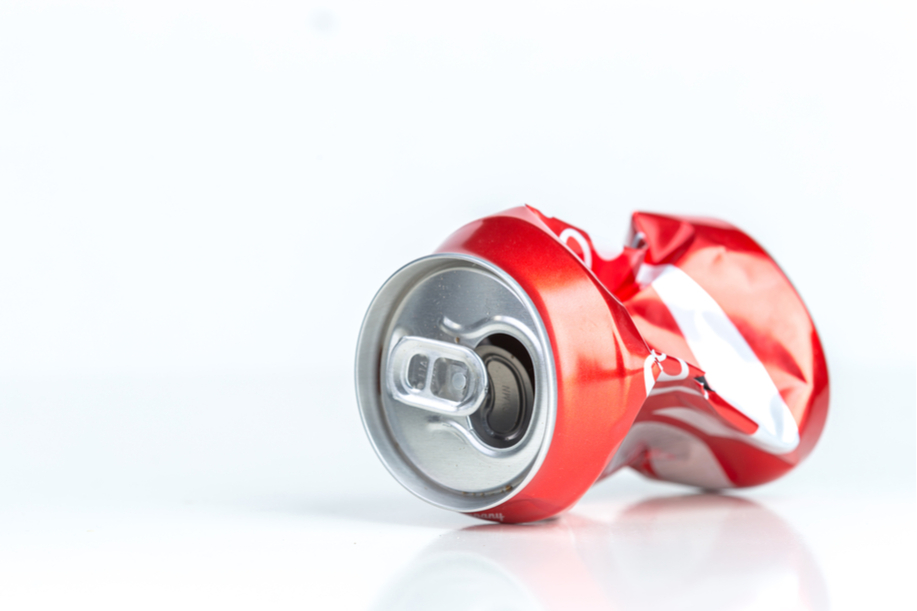So-called traffic light labeling on food is nothing new, but it appears some Australians prefer to ignore common sense and push forward with this overly-simplistic food cop idea. The absurdity of labeling food products as good or bad with one of three colors has already been shot down in the UK and by the European Union Parliament. Mandatory labeling of all food products as “good, not good, or bad” would leave some good foods seeing red. Food Magazine has the details:
The government may not pass the traffic light scheme exactly, but will almost definitely implement something similar, where information is shown in a glance for consumers….
Under the system, where products would be given a red, amber or green light for sodium, fat and sugar content, items such as raw almonds or cashews would receive a red light, despite their health benefits.
Food cops would love the chance to “simplify” the shopping experience by grouping foods into one of three categories, giving all of their favorites the green light and demonizing food non grata with a red light. This “at-a-glance” system is misleading, because even foods with well-known health benefits could be marked red on such a narrow scale. That’s not to mention all the wrangling over good and bad: Plenty of presumably “green” lights like yogurt would be the target of animal-rights groups like PCRM that fear-monger about dairy products. Putting aside the wisdom of using three nutrients as the criteria (haven’t they read the latest news on salt?), these activists should familiarize themselves with the saying, “Don’t judge a book by its cover.”
The current US “Nutrition Facts” labeling system requires at least 15 nutrients, which allows Americans to tailor their purchases to their unique needs. Using a traffic light system of junk science to choose winners and losers would not help consumers make better informed choices. Even the American Dietetic Association, which represents 70,000 nutrition professionals, rejects the idea of a “good” food vs. “bad” food dichotomy. Simplifying nutrition labels is just another way for food cops to say, “We can make better personal decisions for you than you can.”




